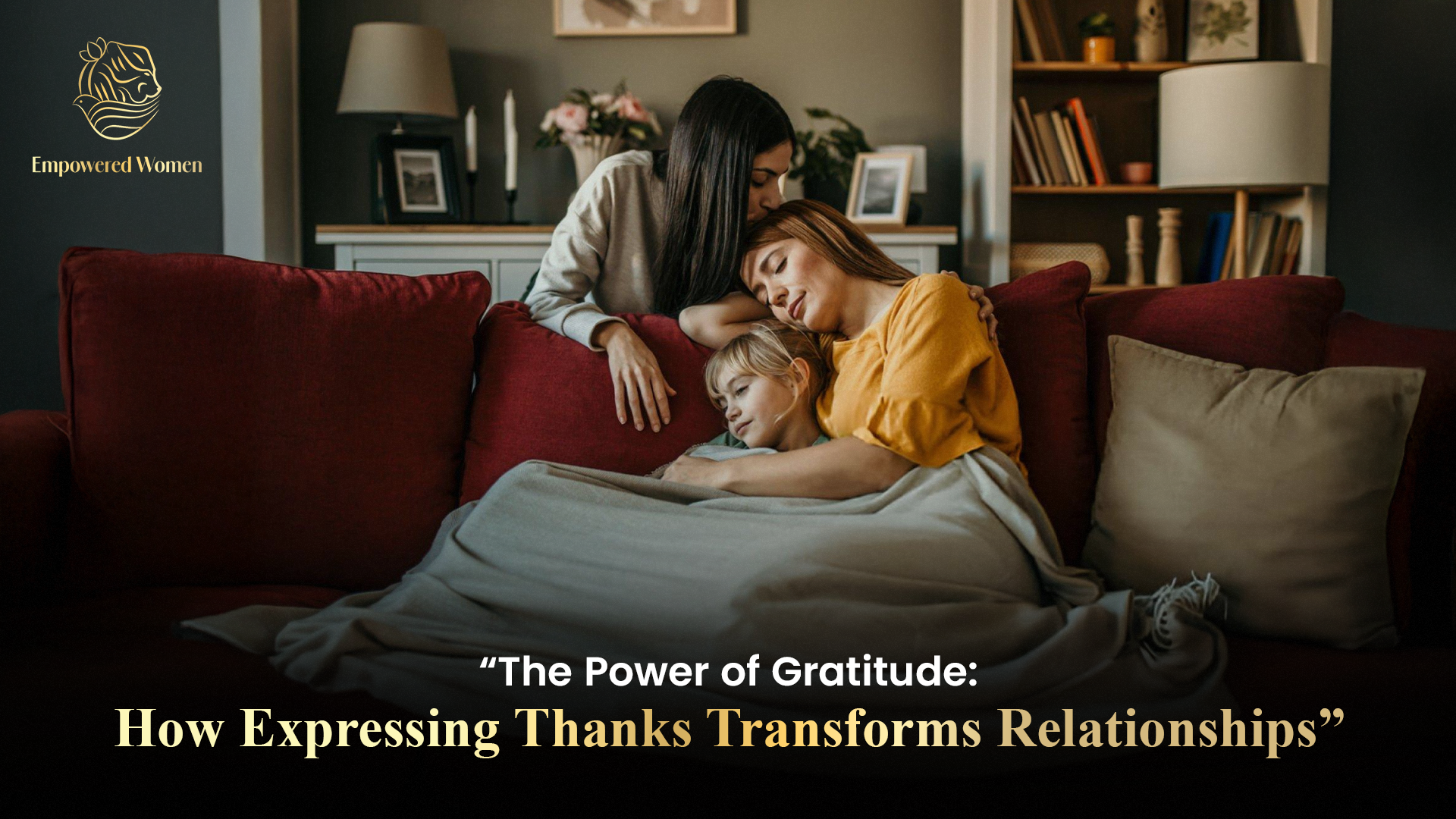Introduction
In the whirlwind of daily life, we often overlook a powerful tool that can deeply enrich our relationships—gratitude. Expressing thanks may seem small, but its impact is profound. Gratitude nurtures empathy, strengthens emotional bonds, and reminds us of the value of those around us. Whether it’s a heartfelt “thank you” to a friend, a note to a parent, or simply pausing to appreciate a moment, gratitude helps us see people not for what they do, but for who they are.
Why Gratitude Matters in Relationships
Gratitude is more than good manners—it’s a mindset that shifts how we connect with others. Here’s how it transforms relationships:
1. Builds Deeper Emotional Connections
Saying “thank you” shows recognition and care. This small act fosters trust and a sense of belonging, making others feel valued. Over time, it strengthens emotional intimacy in personal and professional relationships alike.
2. Reduces Conflict and Increases Understanding
Gratitude helps us focus on the good in people, even during disagreements. When we regularly express appreciation, we’re more likely to approach conflicts with compassion rather than frustration.
3. Improves Mental and Emotional Well-Being
Practicing gratitude not only benefits others—it also reduces stress and increases happiness. Happier individuals are more present, understanding, and connected in their relationships.
Cultivating Gratitude in Everyday Life
You don’t need a special occasion to express gratitude. Here are some simple yet effective ways to practice it daily:
✦ Keep a Gratitude Journal
Every night, jot down three things you’re thankful for—people, experiences, or even lessons learned. Over time, this habit rewires your focus toward appreciation.
✦ Say It Out Loud
Don’t assume people know how much they mean to you. A sincere compliment or “thank you” can brighten someone’s day and deepen your connection.
✦ Write Notes or Messages
A handwritten note, a quick text, or an email of appreciation can go a long way. It makes your gratitude tangible and often leaves a lasting impression.
✦ Celebrate Small Wins Together
Recognize and celebrate each other’s efforts—whether it’s a completed task, a milestone, or a moment of resilience. Shared gratitude strengthens team spirit and unity.
✦ Practice Mindful Listening
Give people your full attention when they speak. Acknowledging their presence and words is one of the purest forms of gratitude.
Gratitude in Families, Friendships, and Communities
- In Families: Expressing thanks to parents, siblings, or children creates a nurturing environment. It shows that love is not just felt but also acknowledged.
- In Friendships: Gratitude sustains long-term friendships by making each person feel appreciated and seen.
- In Communities: When people express collective gratitude—through volunteering, public appreciation, or community events—it fosters connection and social harmony.
Conclusion
Gratitude is a quiet strength that turns ordinary interactions into meaningful connections. It doesn’t require grand gestures—just genuine presence and appreciation. When we practice gratitude daily, we not only transform our relationships but also cultivate a life full of compassion, joy, and mutual respect. Let’s make “thank you” more than a phrase—let’s make it a way of life.




